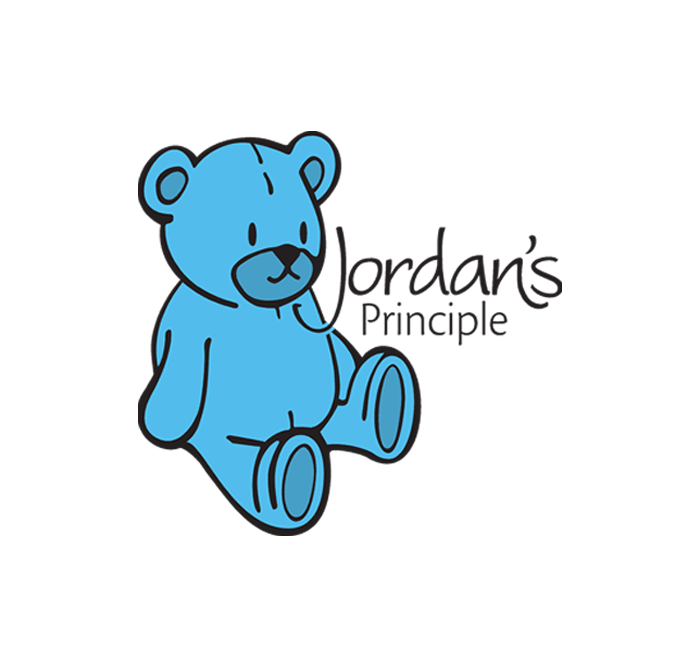Additional Resources
-
In Canada, legislation regarding domestic violence and family violence leave is designed to support individuals affected by such violence by providing job-protected leave. Federally regulated employees are entitled to leave under the Canada Labour Code, which was amended in 2019 to include provisions for family violence leave. Employees can take up to 10 days of leave each calendar year, five of which are paid after three months of continuous employment. This leave can be used for various purposes, including seeking medical attention, obtaining services from a victim services organization, relocating, or attending legal proceedings related to the violence.
Provincial and territorial regulations complement the federal provisions, offering similar protections but with variations tailored to regional needs.
Here is an overview of the provisions across different provinces:
1. Ontario:
Under the Employment Standards Act, employees are entitled to up to 10 days and up to 15 weeks of unpaid leave if they or their children experience domestic or sexual violence. The first five days of leave are paid after three months of continuous employment.
2. British Columbia:
The Employment Standards Act provides up to five days of paid leave, up to five days of unpaid leave, and an additional 15 weeks of unpaid leave for employees experiencing domestic or sexual violence.
3. Alberta:
The Employment Standards Code grants up to 10 days of unpaid leave per calendar year for employees dealing with domestic violence. This leave can be taken intermittently or continuously.
4. Manitoba:
The Employment Standards Code allows for 10 days of leave in a 52- week period, with five days paid and five days unpaid, along with an additional 17 weeks of unpaid leave for employees experiencing domestic violence.
5. Saskatchewan:
The Labour Standards Act provides five days of paid and five days of unpaid leave within a 52-week period, and up to 17 weeks of unpaid leave for domestic violence situations.
6. Nova Scotia:
The Labour Standards Code offers 10 days of intermittent or consecutive leave, with the first three days paid. Employees can also take up to 16 weeks of continuous leave, with the first three days paid, for domestic violence.
7. New Brunswick:
The Employment Standards Act provides up to 10 days of domestic violence leave, including five days of paid leave and five days of unpaid leave. Additionally, employees can take up to 16 weeks of continuous unpaid leave.
8. Newfoundland and Labrador:
The Labour Standards Act offers up to three days of paid leave and seven days of unpaid leave for victims of family violence. There is also an additional 14 weeks of unpaid leave available.
9. Prince Edward Island:
The Employment Standards Act provides up to three days of paid leave and seven days of unpaid leave, along with an additional 14 weeks of unpaid leave for employees experiencing family violence.
10. Territories:
Yukon: Under the Employment Standards Act, employees are entitled to 5 days of paid leave and up to 10 days of unpaid leave, with an additional 15 weeks of unpaid leave for domestic violence.
Northwest Territories and Nunavut: Both territories offer 5 days of paid leave and up to 5 days of unpaid leave, with an additional 15 weeks of unpaid leave under their respective employment standards acts.
These legislative measures across provinces and territories aim to provide necessary support for employees affected by domestic or family violence, ensuring their safety and well-being while maintaining job security. The combination of paid and unpaid leave options helps alleviate the financial and emotional burden on victims, enabling them to address their situations without the added stress of potential job loss.



